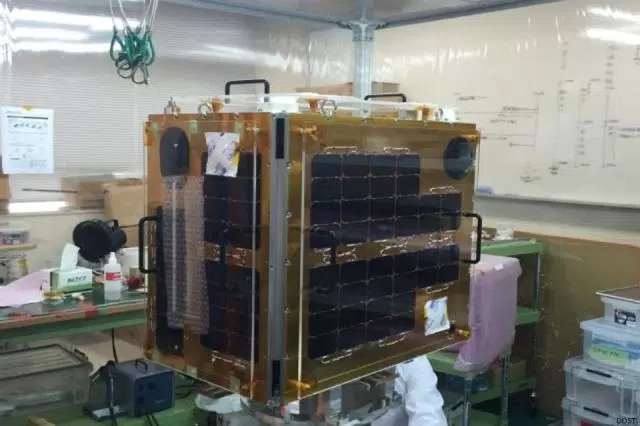
MANILA, PHILIPPINES - In three months time the Philippines’ Department of Science and Technology (DOST) together with its counterpart the Tohoko University (TU), and Hokkaido University (HU) with the help of Japan Aerospace Exploration Agency (JAXA) is set to launch the first of two Filipino-assembled satellite in outer space, The “DIWATA” micro-satellite.

Also, read this: Philippines first Filipino-assembled satellite to be launched into space this year 2016
But prior to the DIWATA Satellite launch, known leftist groups in the Philippines has opposed and criticized the very promising innovative project referring to that the Philippines ought not to dwell on this kind of luxury when millions of Filipinos are still poor.
According to the Maharlikan.info, Renato Reyes of BayanMuna has criticized and slammed the DIWATA Satellite project of the DOST which cost the Filipino taxpayers a burden of almost Php1 billion.
Reyes said, “There are more beneficial ways that the Aquino government could have used the money from these satellites, it could have been used for the poor Filipinos.” As quoted by the Maharlikan.info
The first micro-satellite, PHL-Microsat-1, nicknamed Diwata, will be launched into space in 2016 from the International Space Station (ISS), a large, habitable satellite orbiting the Earth.
The second one, PHL-Microsat-2, will be launched in 2017. It has not been given a nickname yet. The satellite program is a joint project by the Philippine and Japanese government. It aims to enhance the capability of the Philippines in the field of Satellite development and technology.
A Department of Science and Technology (DOST) program lead official Dr. Joel Marciano, for this particular project, explained that the “DIWATA” satellite project are government projects named as the Philippine Scientific Earth Observation Micro-Satellite (PHL-Microsat) Program aims to send two micro-satellites into space to assist in disaster management programs, weather forecasting, agriculture, fisheries, forest protection, mining, even the protection of cultural and historical sites, and helping the Philippine authorities in monitoring its territorial borders and boundaries. - Carl E.
Also, read this: Philippines satellite slot in outer space grabbed and occupied by China










